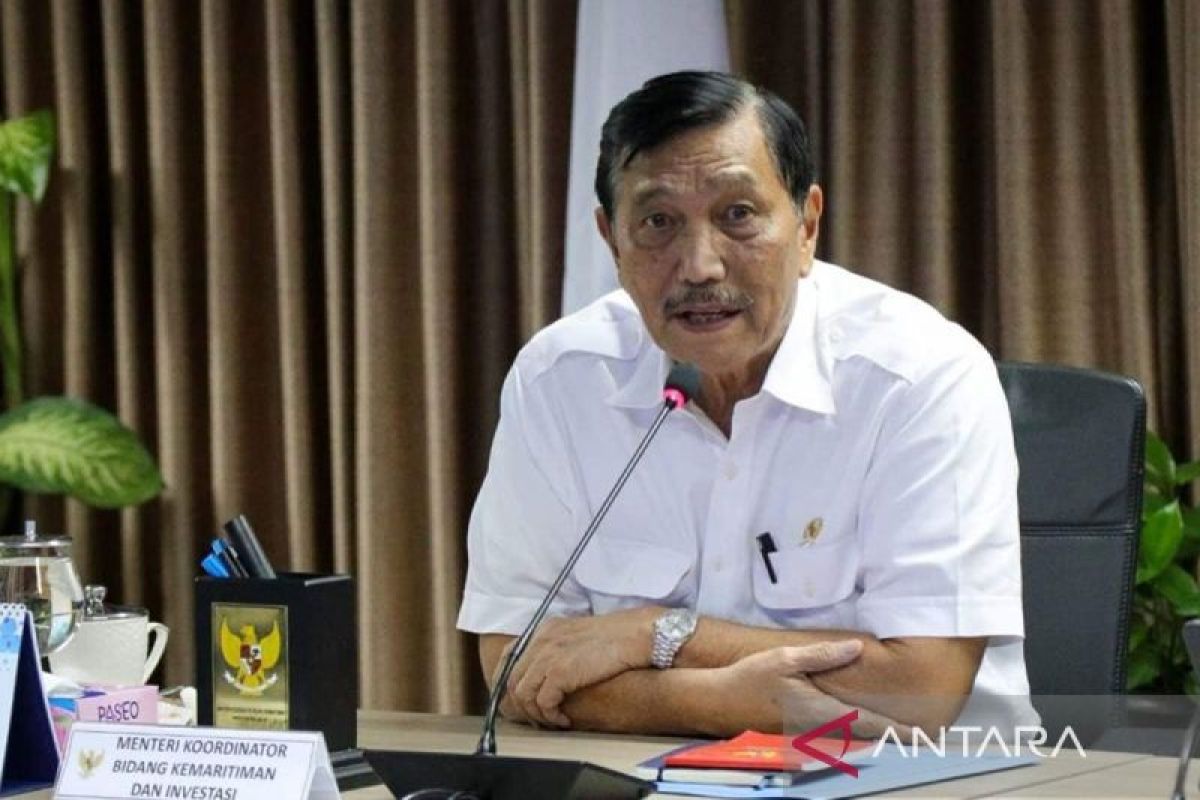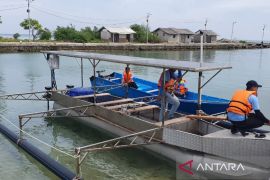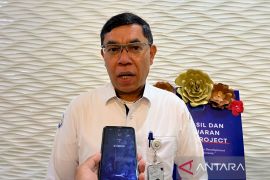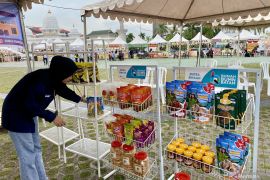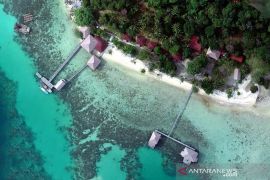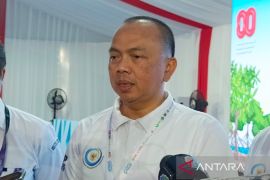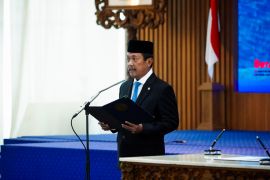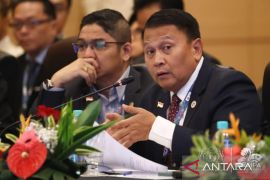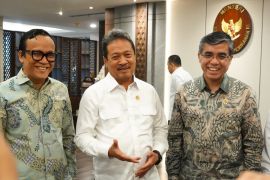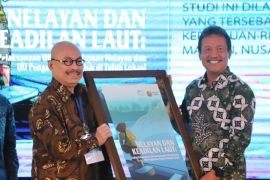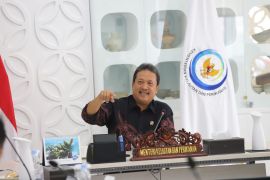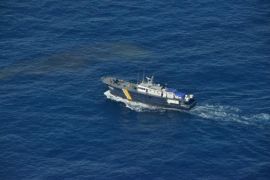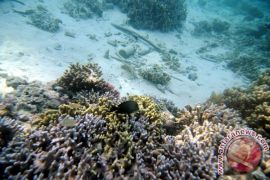“Oceans are not merely vast areas of water; they serve as sources of life,” he said. "They control the climate, provide food, and offer a great deal of economic opportunity."
In his speech at the launch of Ocean Accounts in Denpasar, Bali, on Friday, Luhut highlighted that the blue economy focuses on the sustainable utilization of marine resources. This approach aims to stimulate economic growth, create job opportunities, and preserve the marine ecosystem.
He remarked that adopting a blue economy can facilitate Indonesia's transition to renewable energy, boost tourism, and strengthen the fisheries sector. These efforts contribute significantly to the country's gross domestic product (GDP), amounting to over US$270 billion annually.
Indonesia, with 17,500 islands and 70 percent of its territories covered by water, is believed to be home to 8,500 fish species. The nation has the potential to produce about 50 million tons of fish per year, Luhut stated.
Among Indonesia’s featured marine and fishery commodities are seaweed, prawns, lobsters, crabs, and tilapia.
Luhut also stressed the importance of proper marine waste management as a key aspect of implementing the blue economy.
“The government has been striving to process waste into energy and other materials, with the objective of reducing the amount of waste leaking into the ocean,” he pointed out.
Luhut encouraged the nation to capitalize on its vast waters to develop blue carbon and play a more prominent role in global trade, considering that around 45 percent of international shipping activities rely on passage through Indonesian waters.
Related news: Handling climate change is key to developing aquaculture: VP Amin
Related news: Govt to strengthen legal framework for blue economy policies
Translator: Dewa Ketut, Tegar Nurfitra
Editor: Anton Santoso
Copyright © ANTARA 2024
